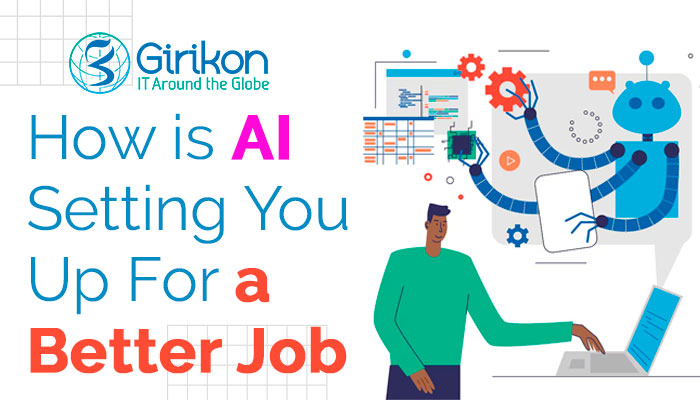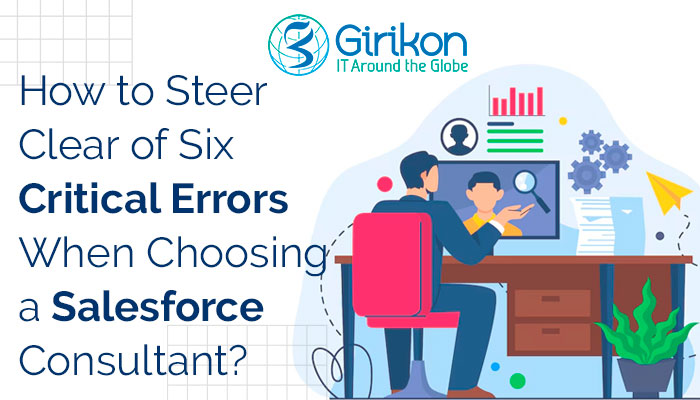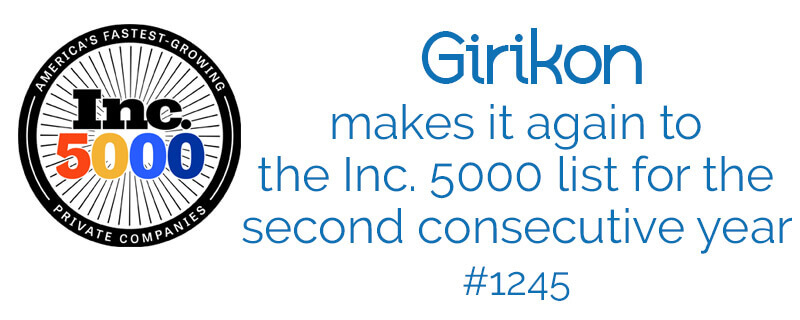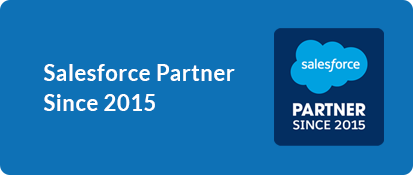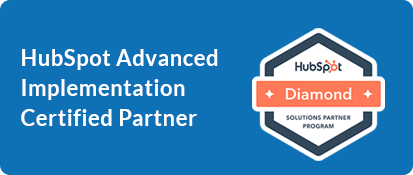Our Blogs
Salesforce, the world’s leading CRM platform empowers businesses with tools and services to manage customer data, automate processes, streamline operations, and drive customer satisfaction. Salesforce consultants aren’t just experts at handling the software; they recognize that Salesforce is a great tool to improve business productivity and align themselves with customer goals, wants, and needs to unlock the true power of the platform. In short, they empower teams to do what was earlier not thought to be possible.
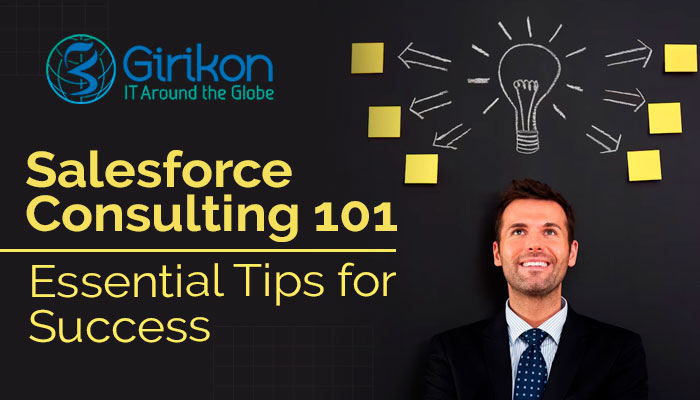
As a Salesforce Consulting Partner for over a decade, our experts have compiled a list of tips to guide the next crop of Salesforce consultants on their path to success. These tips are a result of over a 100-man years of Salesforce experience, countless hours spent with customer teams, and millions of lines of coding. Let’s dive right in.
1. Understand the ‘Why’
While there are certain skills that can be acquired such as data management, data analytics, and process automation, critical thinking is one area that can only be awakened from within. Critical thinking entails having a larger-than-life view of the business while having an in-depth view of the everyday activities of the organization. Many Salesforce consultants have a great technical background and are adept at turning requirements into recommendations and ideas. But what is truly required to be understood is the "Why". Why do they need it? What are their business goals and what is stopping them from achieving them? What are their people like? What are their pain points? What do they want in terms of work satisfaction? Finding answers to these fundamental questions will go a long way to advance your career in Salesforce consulting. You need to evolve from being a manager or business analyst to being a problem solver, and for that, you need to identify and understand the problem and all its constituents and dependencies to the last detail.
2. Adapt your communication strategy
Salesforce consultants have to work closely with engineering teams, customer user groups, and senior leadership which may sometimes be spread across the globe. For you to be successful as a global Salesforce consultant, you need to adapt your communication depending on who you are interacting with. Understanding the audience, their vision, and the way they see the business and its horizon (both short-term and long-term) plays a vital role in the success of the projects you are working on.
As an example, if you are interacting with engineering teams, you may want to interact in a way that they understand via a common language. As a representative of your organization (like a front office), you need to be aware of your unique communication style and how your interactions are received by others. As a thumb rule, communication strategy varies from who you are interacting with to the size of the group you are addressing.
3. Know Your Audience
Whether you are presenting to a CXO at a Fortune 500 company or interacting with individual project members, knowing your audience is one of the key skills all Salesforce consultants need to have.
When you are involved in multiple projects and have to interact with different audiences, whether it is for project updates or course corrections, an instinct is to use the same template for interaction. This approach rarely works as each individual user group has its own perspective and level of understanding. Recognize the value each stakeholder is seeking and develop a mindset to tailor your presentations to align with the audience.
4. Develop a self-help attitude
One of the job responsibilities of a successful Salesforce consultant is to hire new consultants. And you can only attract talent as good as yourself. When recruiting new consultants, veterans of the game often look for leadership traits such as taking self-motivated initiatives. What homework did they do before they sought help from seniors? Demonstrating a self-help attitude would go a long way in cultivating strong leadership and problem-solving skills.
5. Always be willing to learn
Salesforce consultants, especially ones who are still young in their consulting journey, need to constantly upgrade themselves on products, processes, and frameworks, but more often than not they get no guidance or direction. Well, if you want to grow, you are on your own. It’s your mindset to self-direct your learning and find solutions to challenges that will take you on the path to growth. Having a keen learner’s mindset goes a long way in building a keenness to take on new challenges and learn to grow.
6. Pick an Area of Expertise
While it’s great to be a jack of multiple trades (skills), it’s important to be very good at something. Whether it’s a certification in Sales Cloud or your early experience as a Salesforce administrator, it's important that you pick one area in which you are an expert. Expertise in a certain area builds client trust and establishes credibility. And once you pick an area you want to build further on, make sure you are up to date with the latest product innovations in that area and establish how you can help businesses leverage your expertise in these new innovations.
7. Know When to Say No
Customers want the moon. Literally. If it was left to them, they would want to implement their entire roadmap for the next 10 years as of yesterday. Many times, consultants agree to customer requests while working on a project even when they know it is not in their best long-term interest, or it just cannot be done at this stage. While customer satisfaction is extremely important in your line of work, you also need aware of what is in the best interest of the customer and the project. Make your point politely yet firmly, with an irrefutable basis. You were hired because you are an expert in your field, and this is time to say it emphatically. While it's always tempting to say yes to every customer request, learn to say no when you have a reasonable basis for it.
Draw on your past experience working with multiple customers on a variety of Salesforce projects. Offer alternative suggestions and help the customer see the larger picture. Your job as a Salesforce consultant is to be a partner with your customer, working towards a common goal and that job includes knowing when to say no.
Conclusion
Hiring a Salesforce consultant is an investment you make to achieve the heights that you envision for your business.
Ready to unlock the true power of Salesforce? Team up with a Salesforce Implementation Partner who can guide you on the right path.

 +1-480-382-1320
+1-480-382-1320 +61-1300-332-888
+61-1300-332-888 +91 9811400594
+91 9811400594

